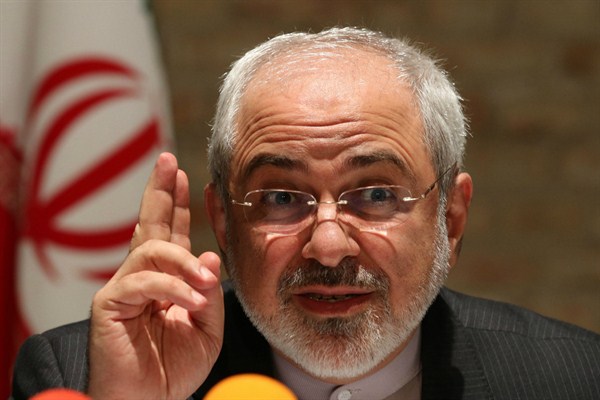The original July 20 deadline for the P5+1 countries to reach a comprehensive nuclear agreement with Iran has come and gone. The negotiating parties have given themselves four more months to address what U.S. Secretary of State John Kerry on Friday called “very real gaps in some areas.”
The extension includes allowing Iran to access $2.8 billion of its restricted assets. Kerry, however, stressed that “the vast majority of its frozen oil revenues will remain inaccessible” and the United States will “continue to vigorously enforce the sanctions that remain in place.”
That has many in Washington debating the effect of previous sanctions relief. Observers are asking whether threatening or imposing future sanctions would improve the U.S. hand in negotiations or cause them to disintegrate altogether.

